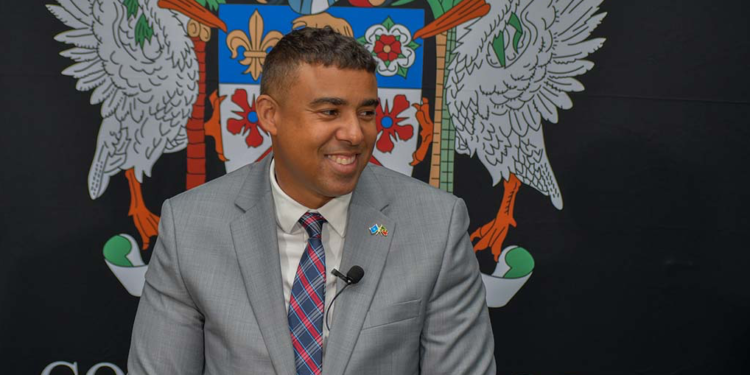Attorney General Wilkin Encourages Prompt Citizenship Applications for Children Born Abroad to U.S. Citizens.
Attorney General Kwame Raoul of Illinois has emphasized the importance of timely citizenship applications for children born abroad to U.S. citizen parents. Acquisition of U.S. citizenship for children born outside the United States to a U.S. citizen parent is not automatic. While these children are generally considered U.S. nationals at birth, they must fulfill specific legal requirements to acquire full citizenship. Delaying this process can lead to various complications, including difficulties obtaining U.S. passports, accessing educational opportunities, and exercising other rights and privileges afforded to full citizens. Raoul’s message stresses proactive planning and adherence to established procedures to secure these children’s future.
The acquisition of U.S. citizenship for children born abroad to a U.S. citizen parent is governed by the Immigration and Nationality Act (INA). The INA outlines specific conditions that must be met, which vary depending on the child’s date of birth and the citizenship status of the parent(s) at the time of the child’s birth. These conditions often involve fulfilling residency requirements for the U.S. citizen parent within the United States prior to the child’s birth, and in certain scenarios, after the child’s birth. Furthermore, specific documentation, such as the child’s birth certificate, the parent’s U.S. passport, and marriage certificate (if applicable), must be submitted with the citizenship application. Understanding these intricate legal requirements is crucial for ensuring the child’s successful acquisition of citizenship.
Failing to apply for and obtain U.S. citizenship for children born abroad to a U.S. citizen parent can have significant and long-lasting consequences. Without U.S. citizenship, these children face challenges in accessing essential services and opportunities. Obtaining a U.S. passport, a fundamental document for international travel and identification, becomes complex and uncertain. They might experience difficulties enrolling in schools and universities, both in the United States and abroad, and may be ineligible for certain financial aid opportunities. Furthermore, they may face limitations in exercising fundamental rights and privileges, such as voting, running for public office, and sponsoring family members for immigration to the U.S.
The process of applying for citizenship for a child born abroad involves multiple steps and requires careful attention to detail. Parents must first determine the child’s eligibility based on the INA’s provisions, then compile the necessary documentation. The required forms, including Form N-600K, “Application for Citizenship and Issuance of Certificate Under Section 301,” must be completed accurately and submitted with supporting evidence. Biometric appointments, such as fingerprinting, may be necessary for older children. Throughout the process, maintaining open communication with the United States Citizenship and Immigration Services (USCIS) is vital to address any questions or requests for additional information promptly.
Attorney General Raoul stresses the importance of seeking legal advice from qualified immigration attorneys. Navigating the complexities of immigration law can be challenging, and professional legal guidance can significantly simplify the process. An experienced immigration attorney can provide personalized advice based on the specific circumstances of the family, ensuring that the application meets all legal requirements and increasing the likelihood of a successful outcome. They can also assist with addressing any unforeseen complications or challenges that may arise during the application process. Moreover, they can provide updates on any changes in immigration laws or policies that may affect the application.
Proactive planning and timely application are paramount in securing U.S. citizenship for children born abroad to U.S. citizen parents. By understanding the legal requirements, diligently gathering the necessary documentation, and seeking professional legal counsel, parents can help ensure their children gain access to the full rights, privileges, and opportunities afforded to U.S. citizens. This proactive approach not only safeguards their children’s future but also avoids potential complications that can arise from delayed applications. Furthermore, it provides peace of mind for families, knowing that their children’s status is secured and they can fully participate in American society.
Share this content:












Post Comment